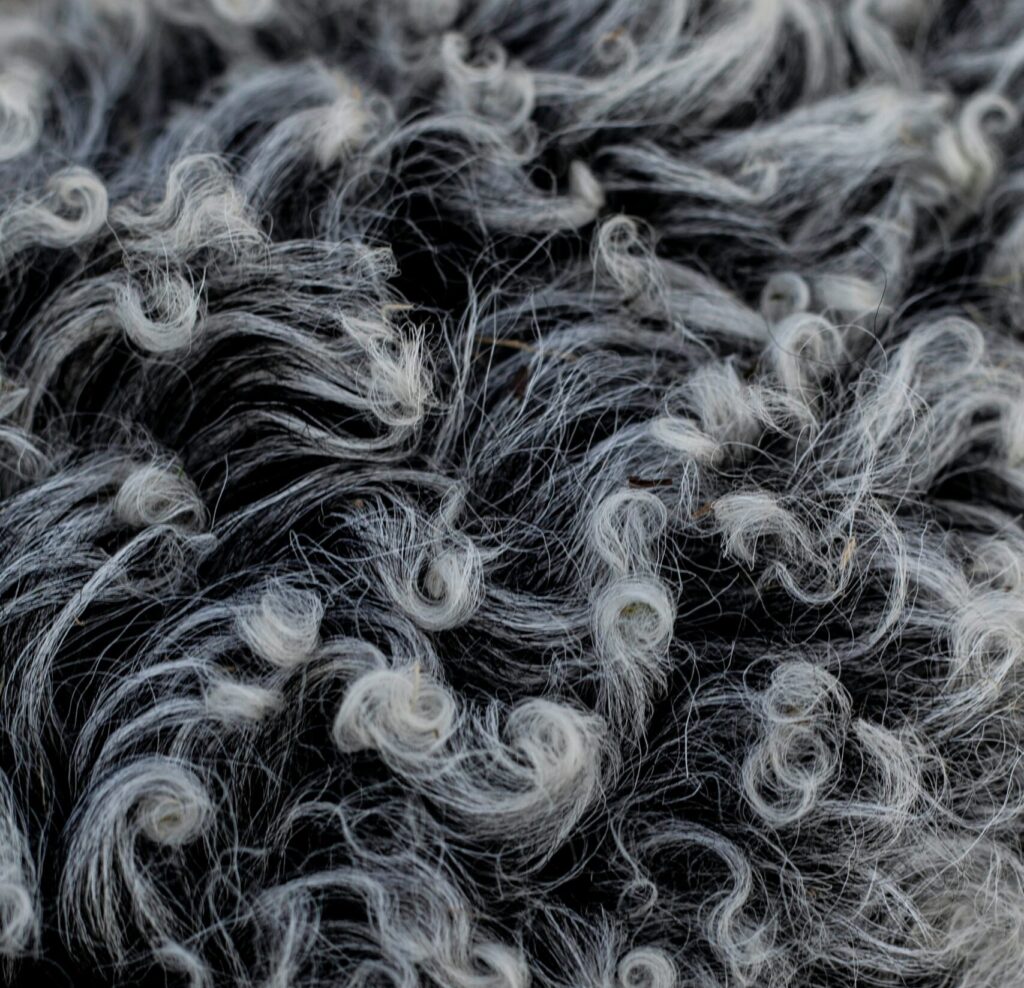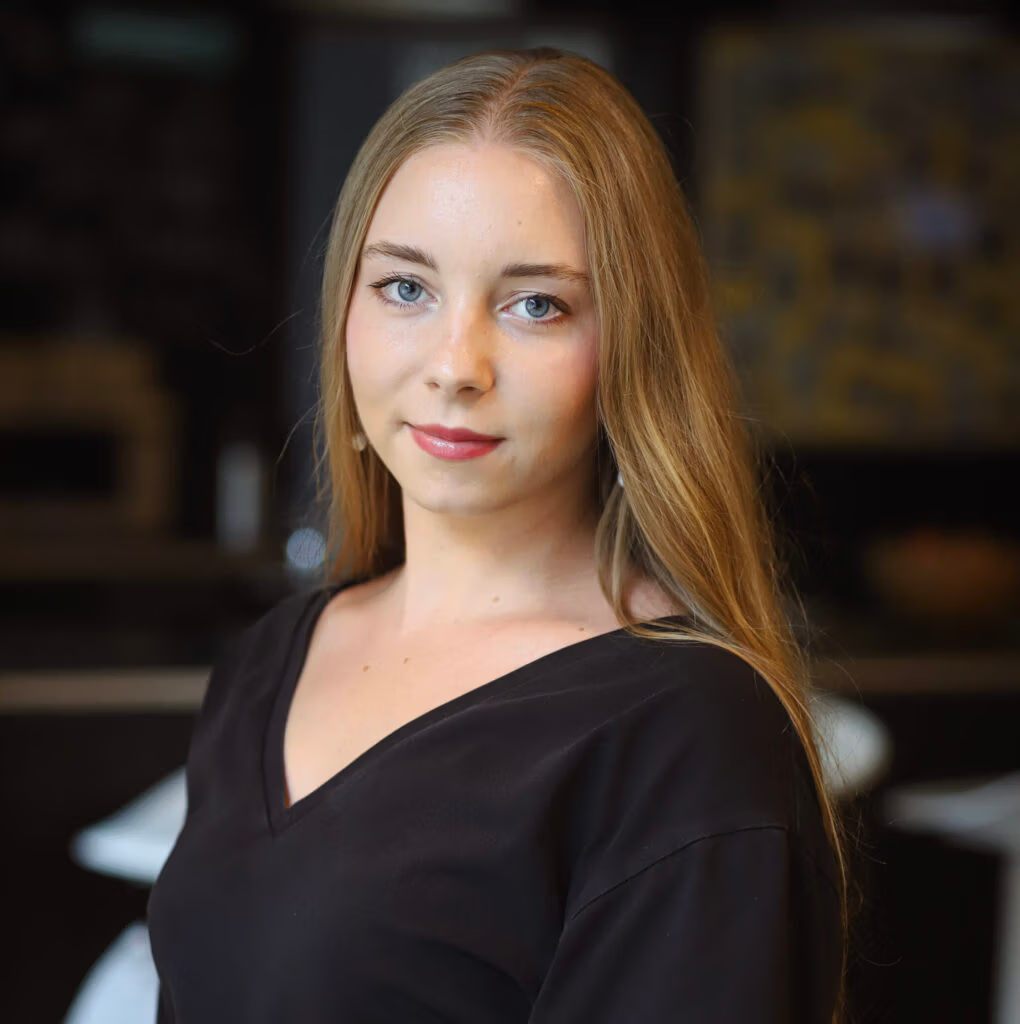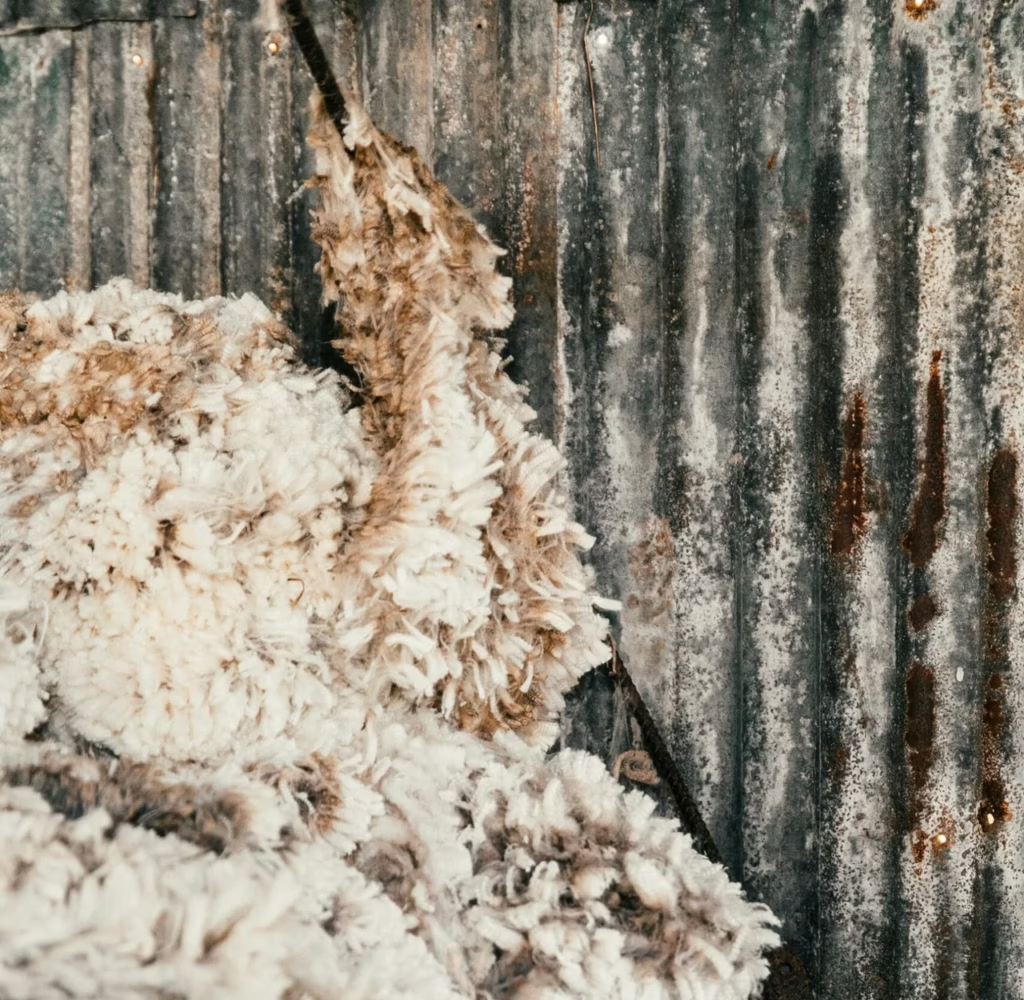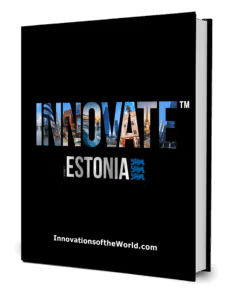Co-founded by a young entrepreneur just in her twenties, Eliise Lehtsaar, the company produces biodegradable air filters from waste wool, offering a solution to the staggering figure of nine billion plastic ventilation system filters discarded worldwide each year. For Voon, the goal is straightforward yet compelling: why continue to landfill non-degradable plastic when wool, a natural and compostable resource, can do the same job just as effectively?
When Eliise was just 17, she founded a student company called Mossy, which produced eco-friendly air purifiers with filters made from moss, hemp, and wool. While presenting the product at student company fairs, Eliise began receiving a recurring question from customers: could these natural filters also work in ventilation systems? They were frustrated that in order to change filters in their ventilation systems, they had to discard huge chunks of plastic twice a year. Eliise soon realized that the market wanted a more scalable and impactful solution than small-scale purifiers and decided to listen to her customers. That was the moment when Voon began to take shape.

In less than three months, Eliise and her team developed a fully functional prototype and began working with local companies on testing and production. Unlike many hardware startups that rely heavily on external funding, Voon’s steps so far have been achieved through their own resources. The product is entering the market at the perfect time, as new EU regulations on construction materials are pushing real estate developers toward carbon-neutral and recyclable solutions. With a production cost comparable to plastic filters, Voon’s wool filters are not only sustainable, but they have a hidden monetary value: the largest EU real estate developers can save up to half a million euros annually, as they do not have to pay the landfilling tax for plastic.
For Voon, innovation means more than just bringing a new material into a traditional and rigid industry. It is about challenging long-standing practices and designing solutions that are both environmentally and economically sustainable. Wool is not only biodegradable but also a material that often goes unused or discarded: in the EU alone, 200,000 tons of wool are burnt or buried each year, because it doesn’t find any use. That makes around 90% of the wool produced in the EU yearly. Therefore, using wool in air filters is a great example of the circular economy. Voon demonstrates that sustainability does not need to come at a higher cost. Instead, it can serve as a competitive advantage in a market where plastic has long dominated and sustainable alternatives remain scarce.

Looking to the future, Voon’s team is excited about the opportunity to expand its operations in the EU and further solidify its place in sustainable construction. The company envisions scaling its production capabilities to meet large B2B demand, exploring other natural fibers and materials, and contributing directly to Europe’s push toward greener building practices. In Eliise’s words, this is not just about creating a product but about reshaping an industry from the inside out.
The company’s journey is closely tied to Estonia’s vibrant, innovative startup ecosystem. Eliise believes that surrounding yourself with like-minded, bright people is the key to success. So, she is an active member of a small group of young startup founders in Estonia, GenZ Founders Estonia, which collaborates with the Estonian Founder’s Society, where young entrepreneurs meet established founders, gain vital business contacts, and have the opportunity to participate in different startup events with them. In her opinion, having strong role models from the Estonian Founder’s Society has helped her overcome hardships, and kept her inspired, when fitting university, hobbies, social life, and building a company in her everyday life felt impossible.

Eliise’s story also carries a broader message for the youth. Eliise strongly believes that entrepreneurship is not defined by age. Beginning her career as a hardware startupper at just 17, she has demonstrated that determination, curiosity, and resilience often matter far more than years of experience. Her advice to young entrepreneurs is simple but powerful: nothing is impossible if you have the drive, the thirst for knowledge, and the courage to start. With the right mindset, even an idea born in a student company can evolve into a solution with the potential to change industries, possibly even the world.














